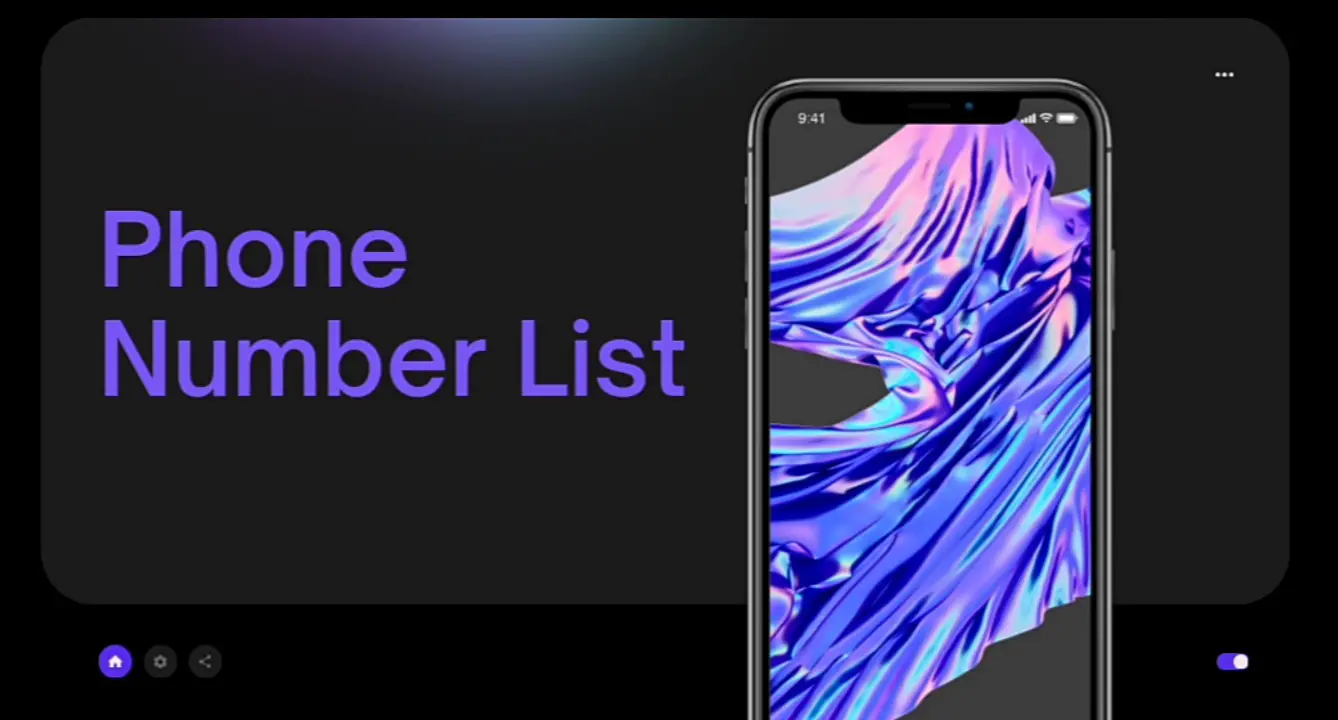What would you do if you Phone Number List searched for [what your business does that you want to rank for]. The answers will be incredibly insightful. Later, you can sync your Google Webmaster Tools with Google Analytics to see exact search queries in the Google Search Queries section of Analytics. If you currently serve PPC ads, you can see exactly how people are encountering your ads on mobile using your search terms report. Simply open your account and click on Keywords. Click Search Terms, then click the Segment drop-down menu. Choose a device. Segment search terms by device to determine which keywords to show in local mobile search This will give you a list of keywords and keyword phrases people are using on their mobile devices to trigger your ads. Identify search terms that are relevant to your local business efforts and you have your keyword list!

Advertising Continue reading below Optimize your pages for local searches Once you know what keywords and phrases you want to rank for, you'll want to identify the pages you want to rank for those keywords. At a minimum, these pages should contain at least 300-500 words of text related to the keyword. In general, more text makes search engines happy, but you have to remember that your searchers are looking for you on mobile, so your target audience is looking for quick and relevant information. People are much less patient with their mobile experience than they are on desktop, so if it's UX vs GBX (Google bot experience), optimize your UX first. Remember that Google tries to identify the pages that will make people happiest, so if your searchers are happy with your page, Google will be too.